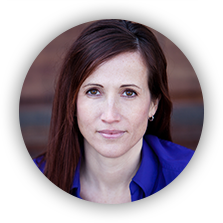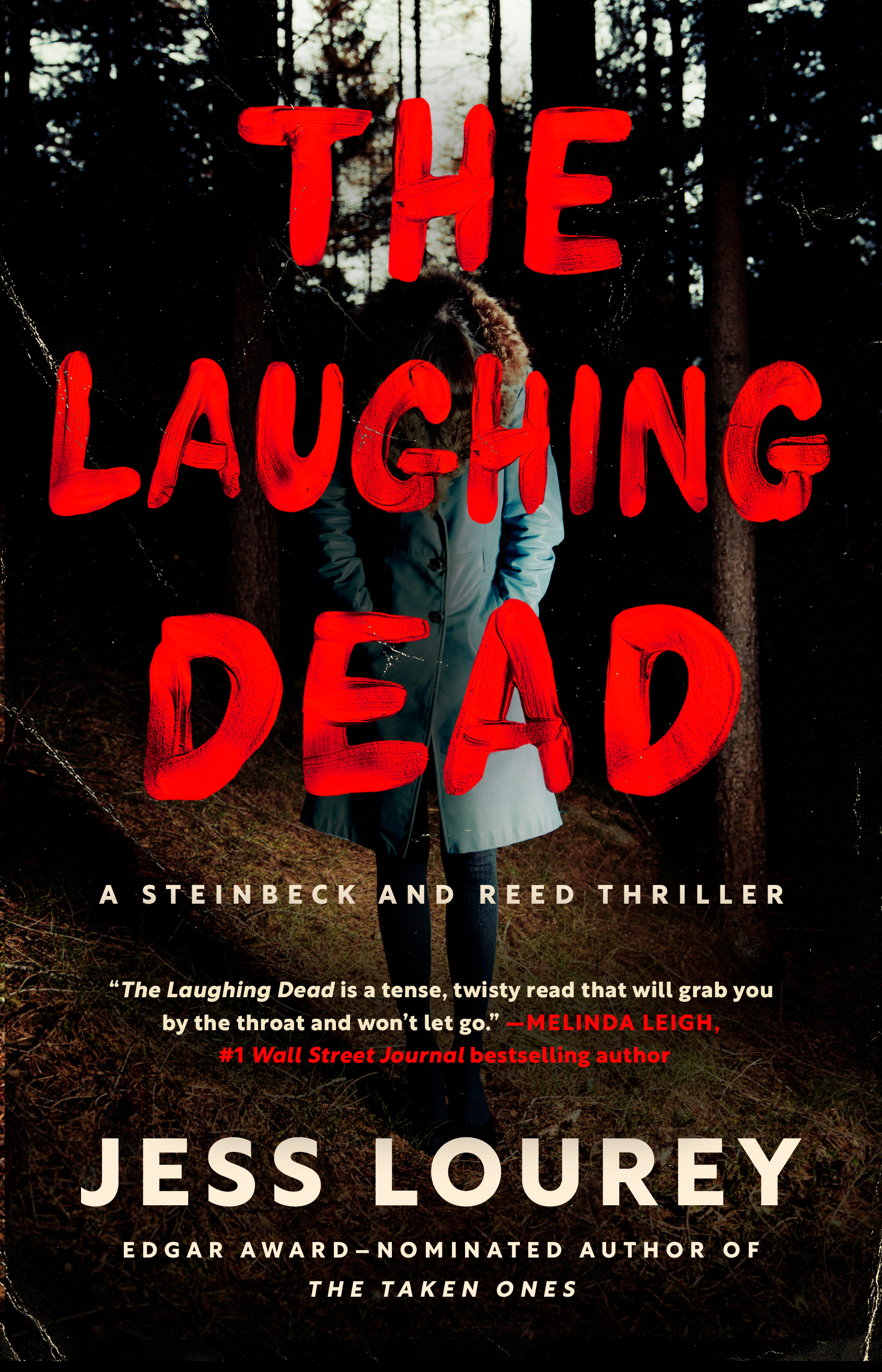
Do you want to learn more about writing, including receiving marketing tips and tricks, deals on valuable workshops and retreats, and time management hacks? Join the VIP Writer’s Club!
Become a VIP Reader!Interested in free books, exclusive bonus content, and VIP early access to Jess’ upcoming projects? Then sign up here to become a VIP Reader.
July 29, 2021
The Pretender
Just sent the finished manuscript of my next book, tentatively titled The Pretender, to my publisher. Woot! Teaser below, popcorn and champagne for EVERYONE!
The Pretender Teaser
That summer, the summer of ’77, everything had edges.
Our laughter, the sideways glances we gave and got. Even the air was blade-sharp. I figured it was because we were growing up. The law might not recognize it, but fifteen’s a girl and sixteen a woman and you get no map from one land to the next. They airdrop you in, booting a bag of Kissing Potions lip gloss and off-the-shoulder blouses after you. As you’re plummeting, trying to release your parachute and grab for that bag at the same time, they holler out you’re pretty, like they’re giving you some sort of gift, some vital key, but really, it’s meant to distract you from yanking your cord.
Girls who land broken are easy prey.
If you’re lucky enough to come down on your feet, your instincts scream to bolt straight for the trees. You drop your ‘chute, pluck that bag from the ground (surely it contains something you need), and you run like hell, breath tight and blood pounding because boys-who-are-men are being airdropped here, too. Lord only knows what got loaded into their bags, but it does not matter because they do terrible things in packs, boys-who-are-men, things they’d never have the hate to do alone.
I didn’t question any of it, not at the time. It was simply part of growing up a girl in the Midwest, and like I said, I thought at first that’s why everything felt so keen and dangerous: we were racing to survive the open-field sprint from girl to woman.
But it turns out the perpetual sharpness wasn’t because we were growing up.
Or, it wasn’t only that.
I know because three of us didn’t get to grow up.
The year before, 1976, had felt like a living thing. America standing tall in a Superman pose, her cape a glorious red, white, and blue flag flapping behind her, fireworks exploding overhead and filling the world with the smell of burning punk and sulfur. Not only was anything possible, we were told, but our country had already done it. The grown-ups did a lot of congratulating themselves during the bicentennial, it looked like. For what, we didn’t know. They were still living their same lives, going to their boring jobs, holding barbecues, grimacing over sweating cans of Hamm’s and hazy blue cigarette smoke. Did it make them a little crazy, taking credit for something they hadn’t earned?
Looking back, I believe so.
And I think that, for all its horror, 1977 was the more honest year.
Three Pantown kids dead.
Their killers right there in plain sight.
It all started in the tunnels.
You’ll see.
It'll be another year until The Pretender hits shelves, but you can preorder Litani now! It releases in October.
May 2, 2021
Freewalking
I started writing a new book in March. I also started writing a new book in April. Yesterday, May(!!!) I started writing a new book.
It's the same book.
I’ve had twenty false starts on my next novel, tentatively titled The Pretender and due to my writing group mid-June and my publisher end of July. You know what that means? It means I’ve written only five thousand words of a book that I need a complete draft of in six weeks.
But yesterday I (re)found something that worked, something that got me a juicy chunk of words that went straight to the heart of what I was trying to write. It worked so well that I’m a little scared of it. Keep reading if you're a writer who wants another tool in their tool chest or if you just want to know how the sausage is made. 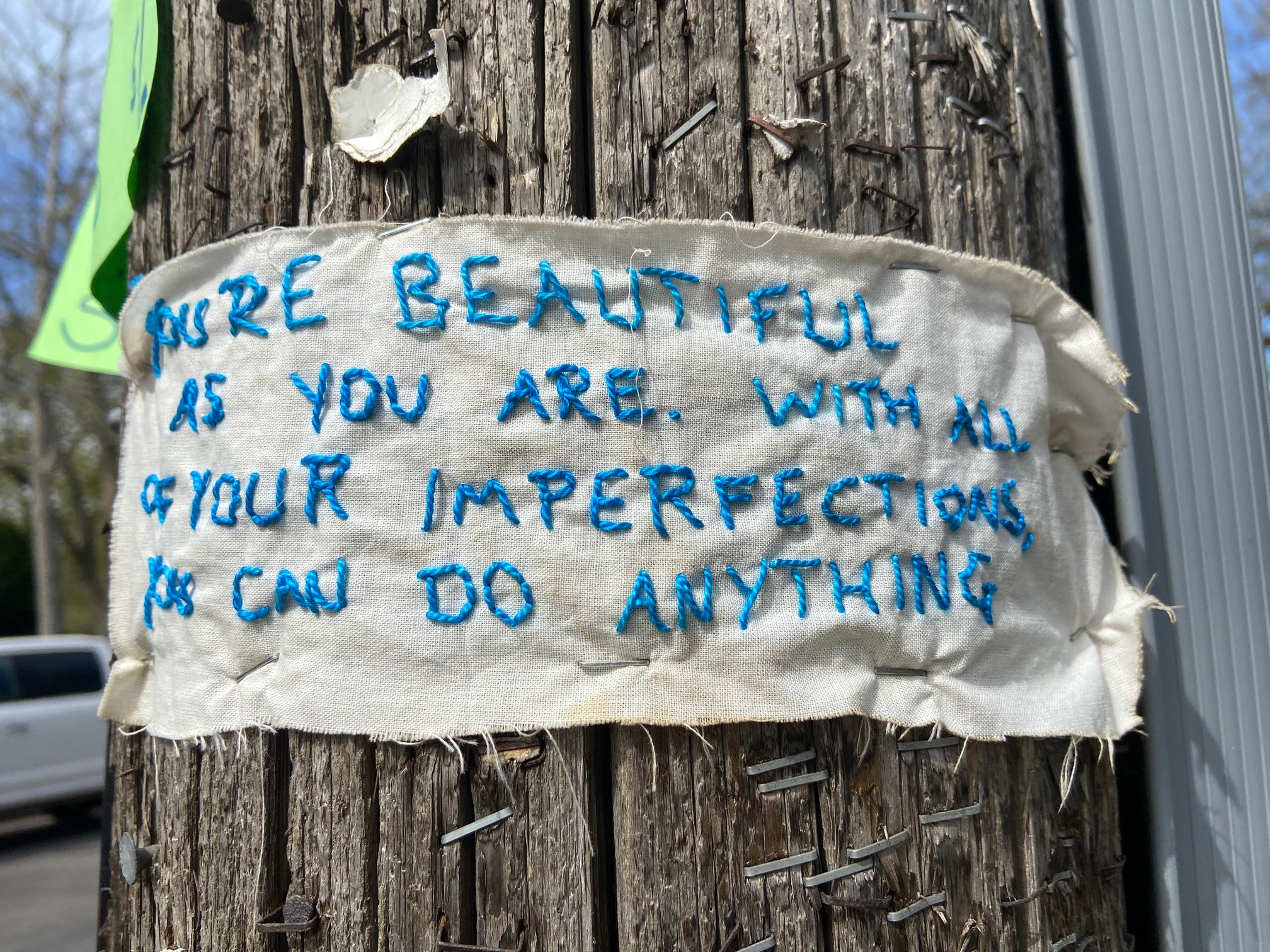
First, in the interest of transparency, I need to reveal how bad a case of don’t-writis I had with this book, how much mental junk I stacked on top of it. I made The Pretender important for emotional reasons. If you’ve seen my TEDx, you know I strive to write honest fiction. The Pretender is set in St. Cloud, MN, in 1977, when there were up to three serial killers operating in the area. I was a seven-year-old girl in St. Cloud in 1977. The book explores the raw terror of growing up in this timeline but ultimately must be a triumph of spirit, both for 14 yo Heather Cash at its center, and for me, writing it.
Every time I finish these emotionally honest books, I free a piece of Little Jessie, and I know from the emails and messages that a bunch of you come with (we get to play!). That’s the beautiful magic of honest fiction, whether it emerges as comedy, suspense, literary fiction, a cozy, a romance, or any other of the lush forms fiction can take.
Not only did I convince myself this book was Emotionally Important, the truth is it’s also important for financial reasons. My surprise divorce in January means writing is now my main income. I gave up the safety net of full-time teaching last summer, when I thought I had a life partner. Things happen how they’re supposed to, I really believe that, but the end of my marriage definitely turned up the heat beneath my steamer. The Pretender will be my twenty-first novel, so you’d think I’d have things figured out by now, and I do when it comes to the mechanics of it. My experience, though, has been that writing's always hard, and my fears grow to fit the space I give them.
So, it’s a Big Book, it has to be a great book so I can pay my bills, there’s a pandemic, I’m still reeling from a divorce, and I just bought and moved into a new home end of March. Those are my reasons for not writing, and I bet you have your own that are just as valid. So when I say I have something that works despite, know that I’m not just blowing smoke. I’m coming at you from the trenches.
Here it is, my miracle cure for don’t-writis: freewalking. 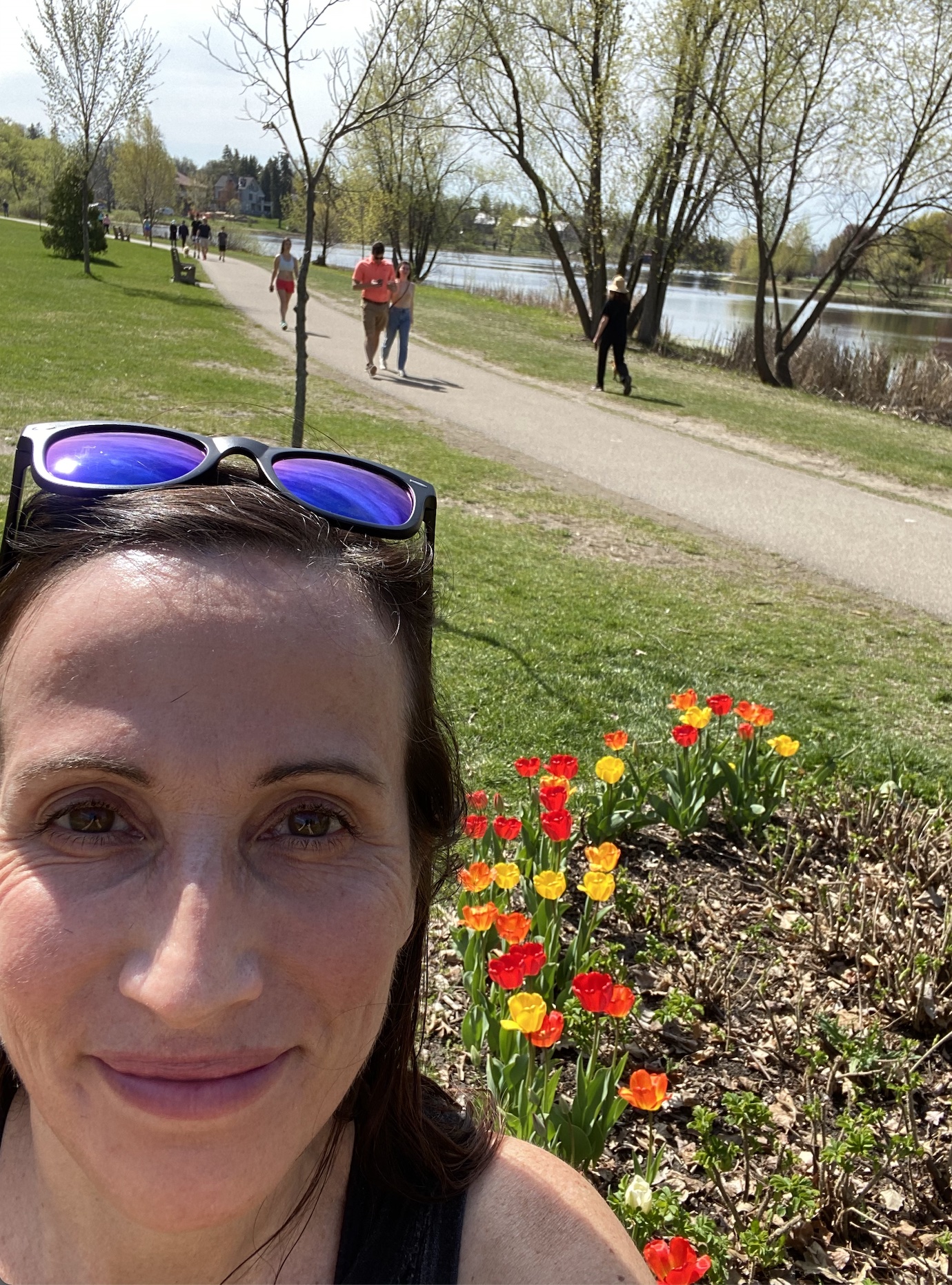
Yup, freewalking.
It combines freewriting (which I hate; I know it works, still hate it) and walking (love!). You simply dictate as you go. If you’re already doing this, you know how much magic it packs. Something about the forward movement cuts through choices/expectations paralysis.
As long as you’re dictating while in motion, it’ll be beneficial, but here’s some tips I’ve found that give me the most bang for my buck:
- Pre-select an automatic 15-60 minute route (start shorter, work up to longer). This is crucial because you need your brain free for creativity. I live near Lake of the Isles in Minneapolis, and walking around the lake takes 45 minutes. Perfection.
- Think of a scene for your work in progress (short story, memoir, novel, blog post, etc.). Write down a one-sentence summary of the scene's physical action, purpose, and emotional impact. Example: “Opening scene is girls playing in their garage band (physical action), and the goal of the scene is to introduce characters and make reader feel something for/identify with Heather" (story purpose and emotional impact). If you don’t have all three pieces, don’t worry. If you don’t know if the scene will end up in the book, don’t worry. Write down what you do have right now on a piece of paper and tuck it in your pocket.
- Grab your phone. Find the Notes function. Test the audio. If you have an iPhone like me, you’ll find that the Notes function will time out while you’re dictating, so hold it close to your mouth while talking and check the screen periodically to make sure it’s recording. This method is a little clunky but works, and has the advantage of being free if you have a smartphone. If you want to upgrade, I just bought this and downloaded Office to my phone (free, because I already have it on my computer). Dictating into Word with this Bluetooth mic means it doesn’t cut out and has better word recognition. The only formatting you need to know is saying “new paragraph” every time you need a paragraph break. The rest you can fix later.
- Start walking and talking, thinking of that scene tucked in your pocket, feeling what your characters are feeling and speaking whatever pops into your head. You’ll spout some nonsense. You’ll also say something brilliant that your dictation software will mangle (still trying to translate “touch the uterus to sunshine truth bass”). You’ll also be writing (with your mouth). I end up with about 2000 usable words at the end of a 45-minute walk, a fact which I find truly insane.
You don’t have to believe me. You just have to try it. Worst case? You got some exercise.
Big love to you!
Jessie
p.s. If you’re currently between projects, or aren’t 100% sure of what you want to be writing, freewalking also works like a Magic 8 Ball. Write a question on the slip of paper (“what should I be writing?” “what’s keeping me from writing my memoir?” “should my next book be a western or women’s fiction?” etc.), tuck the paper in your pocket, and start walking and talking. Make sure your route is automatic so you don’t have to worry about where you’re going or how you’ll get home, and the rest takes care of it itself. I promise. 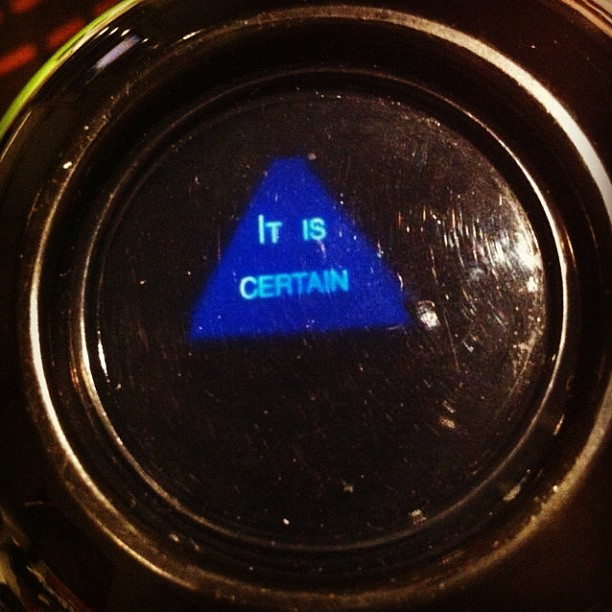
p.s.s. People you pass will think you’re having a phone conversation. A weird one, for sure, but that’s your business. If it’s helpful, envision me walking alongside you, having my own weird conversation with my phone and giving you the world’s biggest thumbs up.
p.s.s.s. You know what else works great for writing? Community and accountability. There are three spots left (total) in the August 2021 luxury women’s writing retreat in St. Paul and three early bird spots left in the just-listed February 2022 women’s writing retreat in Costa Rica.
p.s.s.s.s. I spotted the embroidered sign at the top of this post during my Lake of the Isles walk yesterday. That, and the 2500 words I produced, have greased my wheels, and I can finally, finally see this book. Look for it on bookshelves about 18 months from now.
February 21, 2021
The Joy of Digging
As a child, I became convinced that I was going to find buried treasure. I'd walk around the 13-acre hobby farm I grew up on carrying a hand spade until I felt the exact right spot to dig. I'd drop to the ground and spend hours in the hot sun moving dirt.
Sometimes I'd hear a scrape, and my heartbeat would pick up. My brain would immediately triangulate the surrounding area, calculating how wide I'd have to dig to excavate the pirate's chest I'd just hit. The next shovelful inevitably revealed a muddy stone, not gems, but I took it as a good sign and kept on digging.
Reader, I never found treasure. 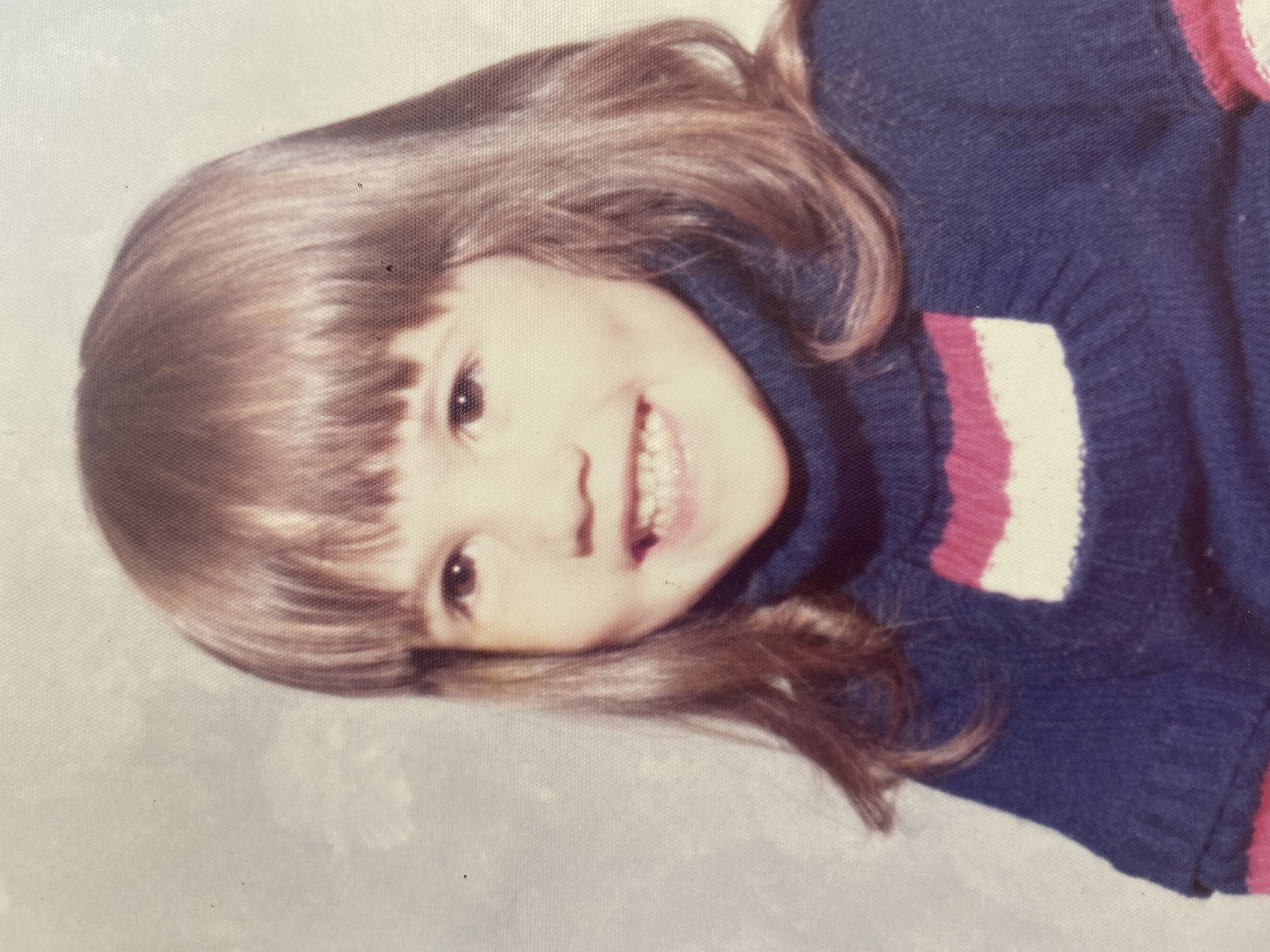
At least not the Richie Rich emeralds and rubies I'd been digging for. What I did stumble on was something like a meditative state, a safe and soothing world I could enter at any time and live in the comfort of my imagination.
Writing gives me the same feeling, or at least it does once I actually start digging. That phase before I get my hands in the dirt? It's paralyzing. You know the stories we tell ourselves now, as adults: This is a waste of time. I don't know what I'm doing. I should be cleaning my house and finally learning what the S & P 500 is.
I don't only feel these nerves at the start of a project. I have them every single day before I dig in. And the breakaway success of Unspeakable Things amplified them. Now I not only have the doubts, I have doubts about the doubts. Who am I to have a crisis of confidence?
I'm sharing this with you because I'm officially starting a new project today, and it's unlike anything I've written before. I've spent the morning being upset at myself for how scared I am. That's what made me thing of little Jessie, out there on the farm with her shovel in hand. It was the adventure she loved, the possibility of discovery and connecting with something bigger, the comfort of living in her imagination.
Today, I'm going to write like that. Maybe tomorrow, too. After all, I'm the only one stopping myself.





